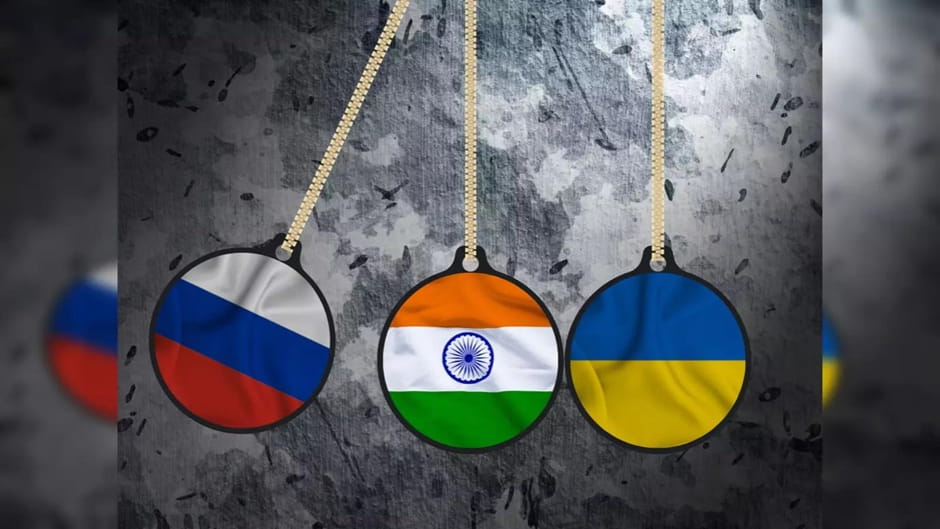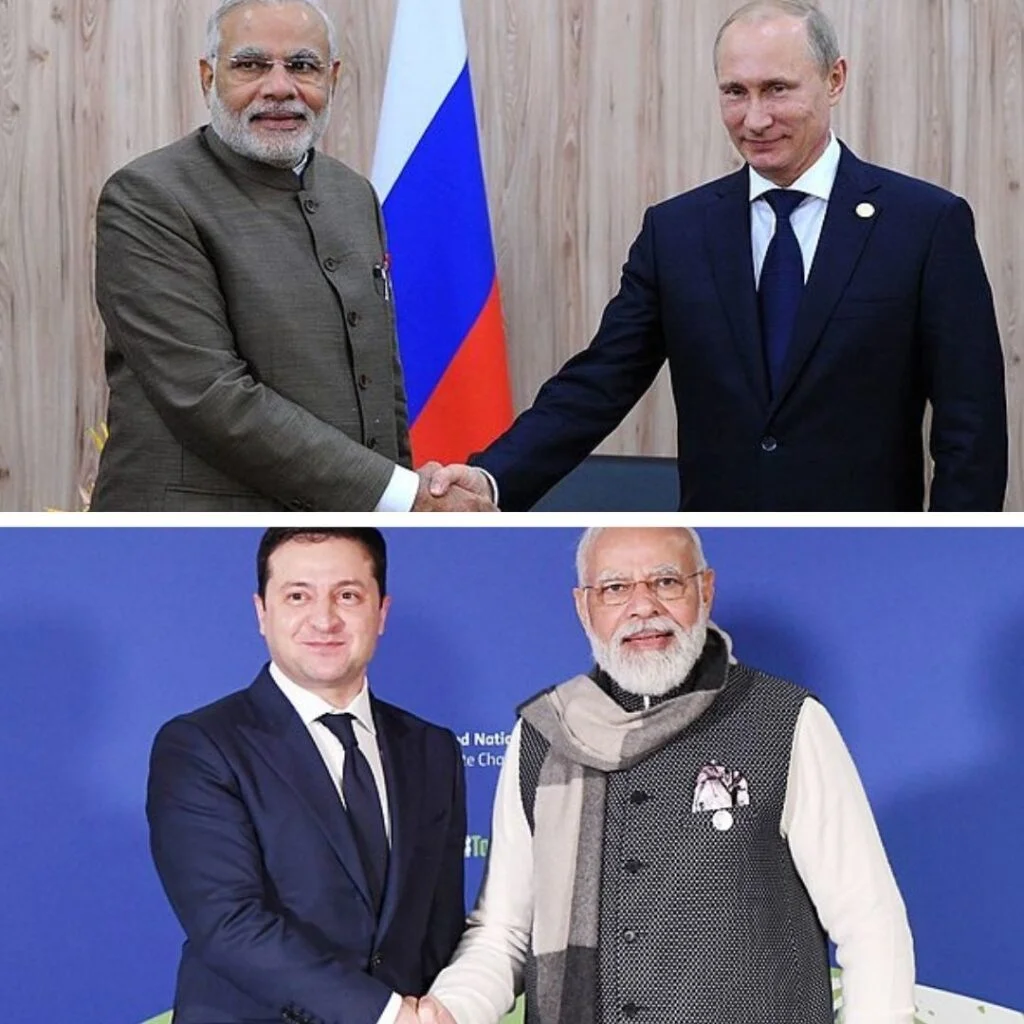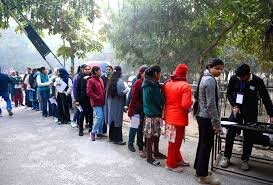
Table of Contents

India’s stance on the Ukraine-Russia crisis has been characterized by a nuanced and pragmatic approach, balancing its strategic partnerships with both nations while advocating for dialogue and diplomacy. As a key player on the global stage, India’s response has drawn significant attention and reflects its broader foreign policy objectives.
1. A Neutral Stand at the United Nations
India has abstained from voting on several United Nations resolutions condemning Russia’s actions in Ukraine. This decision highlights India’s commitment to maintaining neutrality in the conflict, prioritizing its strategic interests over taking sides.
Key Highlights:
- India has consistently called for peace and dialogue, urging both nations to resolve their differences through negotiations.
- The Indian government has refrained from directly criticizing Russia, a longstanding ally, while expressing concern about the humanitarian impact of the war.
India’s neutral position underscores its emphasis on diplomacy and its desire to avoid alienating either side.
2. Humanitarian Assistance to Ukraine
Despite its neutral stance, India has extended humanitarian support to Ukraine. This includes the provision of medical supplies, food aid, and other essential resources to alleviate the suffering caused by the conflict.
Humanitarian Efforts:
- India dispatched multiple consignments of medical equipment and medicines to Ukraine through international aid channels.
- Indian organizations and diaspora communities have contributed to relief efforts, showcasing solidarity with the Ukrainian people.
These actions highlight India’s commitment to addressing the humanitarian crisis while remaining diplomatically neutral.
3. Operation Ganga: Evacuating Indian Nationals
At the onset of the conflict, India launched Operation Ganga, a large-scale evacuation mission to bring back Indian nationals stranded in Ukraine. The operation was a testament to India’s prioritization of its citizens’ safety during global crises.
Operation Highlights:
- Over 20,000 Indian students and nationals were evacuated from Ukraine through neighboring countries like Poland, Romania, and Hungary.
- Indian embassies in the region worked tirelessly to coordinate the evacuation, often under challenging conditions.
The success of Operation Ganga earned widespread praise and demonstrated India’s capability to manage complex international crises.
4. Balancing Relations with Russia and the West
India’s relationship with Russia, rooted in historical ties and defense cooperation, plays a significant role in shaping its response to the crisis. Simultaneously, India values its strategic partnerships with Western nations, particularly the United States and the European Union.
Key Balancing Acts:
- With Russia: India continues to engage with Russia on energy imports and defense agreements, emphasizing the importance of its bilateral ties.
- With the West: India has reiterated its commitment to upholding international law and the sovereignty of nations, aligning with Western principles without directly opposing Russia.
This diplomatic tightrope walk showcases India’s ability to navigate complex international dynamics while safeguarding its interests.
5. Advocacy for Peace and Dialogue
India has consistently called for an immediate cessation of hostilities and a return to dialogue. Prime Minister Narendra Modi has engaged in conversations with both Ukrainian President Volodymyr Zelenskyy and Russian President Vladimir Putin, emphasizing the need for peaceful resolution.
India’s Diplomatic Efforts:
- During the G20 summit and other international forums, India has advocated for multilateral efforts to address the conflict.
- India’s leadership has stressed the importance of respecting territorial integrity and international norms.
These actions highlight India’s role as a mediator and advocate for global peace.
6. Domestic Reactions and Public Sentiment
Within India, the Ukraine-Russia crisis has sparked debates about foreign policy, energy security, and the economic impact of the conflict. Rising fuel prices and disruptions in global trade have directly affected Indian consumers, making the crisis a domestic concern as well.
Public Perspective:
- There is widespread support for the government’s neutral stance, reflecting India’s historical policy of non-alignment.
- However, some sections of the public and policymakers have called for a more assertive condemnation of Russia’s actions.
India’s measured response aligns with its long-term strategic interests while addressing immediate challenges.
Conclusion: India’s Role in a Fragmented World
India’s reaction to the Ukraine-Russia crisis underscores its pragmatic approach to foreign policy. By maintaining neutrality, offering humanitarian aid, and advocating for dialogue, India has positioned itself as a responsible global actor.
As the conflict continues, India’s role in fostering peace and stability could become even more significant. Its balanced stance serves as a model for navigating complex geopolitical challenges in an increasingly fragmented world.

For more interesting stories: Germany Christmas Market Attack: 5 Global Reactions, Including India’s Strong Stance | Ukraine-Russia Crisis: 6 Powerful Reactions Shaping India’s Response |


